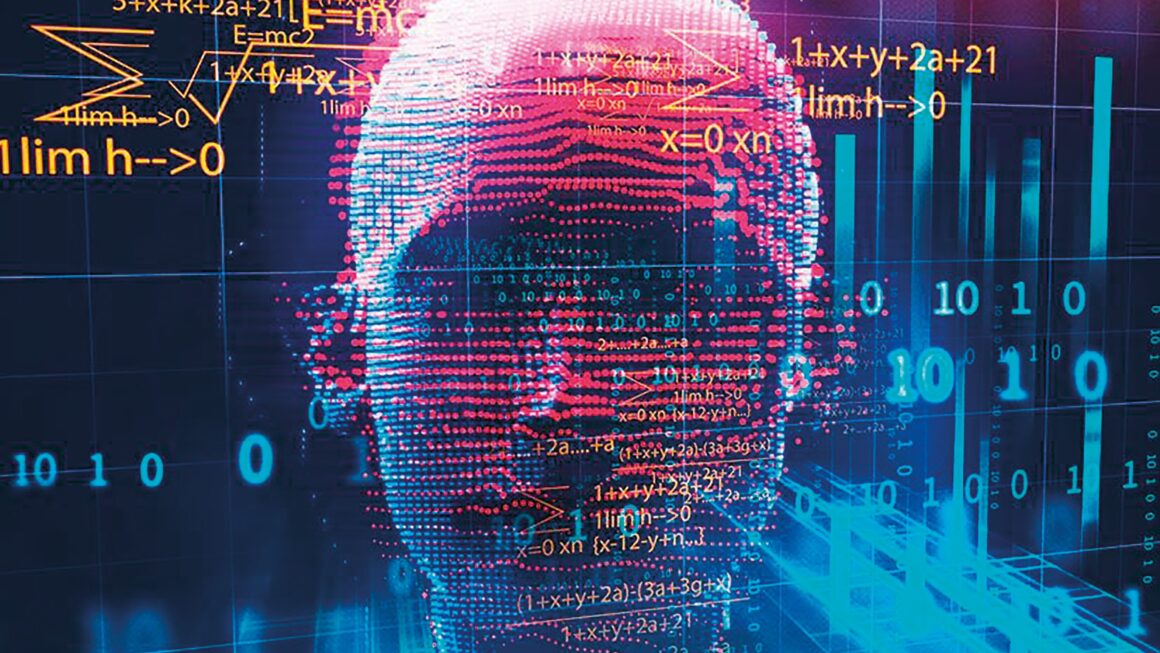What is Artificial Intelligence? (Part 2)
In November 2022, I started this series of posts about what artificial intelligence (AI) is. In the first part, I proposed that readers identify the AI around them or that comes into their heads. I argued that the difficulty in understanding this technology may come from the lack of consensus on what it is. If deciphering intelligence […]
A student’s perceptions amid the popularization of Artificial Intelligence
With the popularization of tools such as GPT chat, google Bard, and several other generative AIs, the student’s daily life has been changing a lot; after all, having an extensive list of potent tools in easy access could not fail to generate significant impact. Repetitive activities that previously took hours now take minutes, allowing us […]
The Complexity of Governance in Artificial Intelligence (AI) based on the Approaches of Morin (2003) and Kuhn (1987)
The phenomenon of knowledge fragmentation, rooted in Cartesianism, has led to partial observations about knowledge itself. In this sense, theories of knowledge capable of addressing significant human problems cannot be limited tnike wiki miroir terzo sport jumpsuit nike comprar fatos de treino adidas baratos puma suede classic velvet sneakers in cordovan leather calfskin velvet tongue […]
About not believing in your own eyes
Recently, an image of Pope Francis wearing a voluminous white jacket, a celebrity-style voluminous white coat, in the style of some celebrity at a Hollywood event, and although it seems like just another meme generated by Artificial Intelligence; it made me think about the nebulous path we are entering on the internet, where the discernment […]
Artificial intelligence, a bridge between generations
We are rapidly becoming involved in an environment where artificial intelligence becomes not an exception in our activities but the rule; the influence of this technology is increasing exponentially due to the competition among market giants for their share of this innovation. But how does this affect the access to technology by individuals not well […]
The evolutionism of machines: concern for society.
The evolutionism of machines is increasingly being discussed in society, since as time goes by, technology is advancing more and more in such a proportion that people start to raise questions such as: will we have flying cars in the future? Will robots be living with us? Will cars be fully autonomous? Will artificial intelligence […]
Trust: as a state or affirmation of something?
The following question arises from the dialogue and research of the Working Group (WG) on “Trust Research” in AdmEthics/Udesc. The WG proposes to research how and in what way the term “Trust” is being adopted and or used in the field of study on Artificial Intelligence (AI). In this sense, we will present the origin […]
Old and New Oracles
ChatGPT is one of the most advanced and powerful natural language models available today and continues to improve progressively. It was created by OpenAI, a technology company founded in 2015 to develop artificial intelligence safely and beneficially for humanity¹. ChatGPT uses artificial intelligence to process and interpret texts in natural language. This model has been […]
2001 (+22): A (virtual) Space Odyssey
In 1968, the hit “2001: A Space Odyssey” premiered in theaters, which became a science fiction classic directed by Stanley Kubrick. The story begins with the discovery of a mysterious black monolith by a tribe of chimpanzees. It evolves into the journey of the crew of the spacecraft Discovery One on a mission to the […]
Principles of AI Ethics and the Ethics of Virtues
AI Ethics is part of digital ethics (Hanna & Kazim, 2021). It seeks to provide guidelines for action in the design and use of artificial automata or artificial machines by rationally formulating and following principles or rules that reflect our essential individual and social commitments and our highest ideals and values (Hanna & Kazim, 2021). […]










